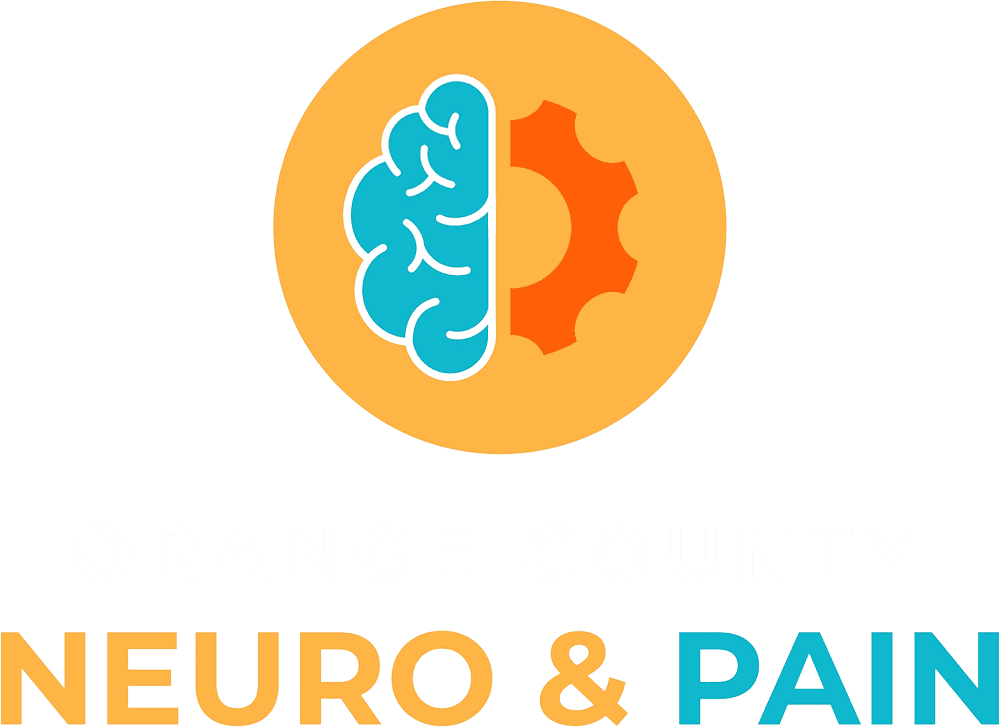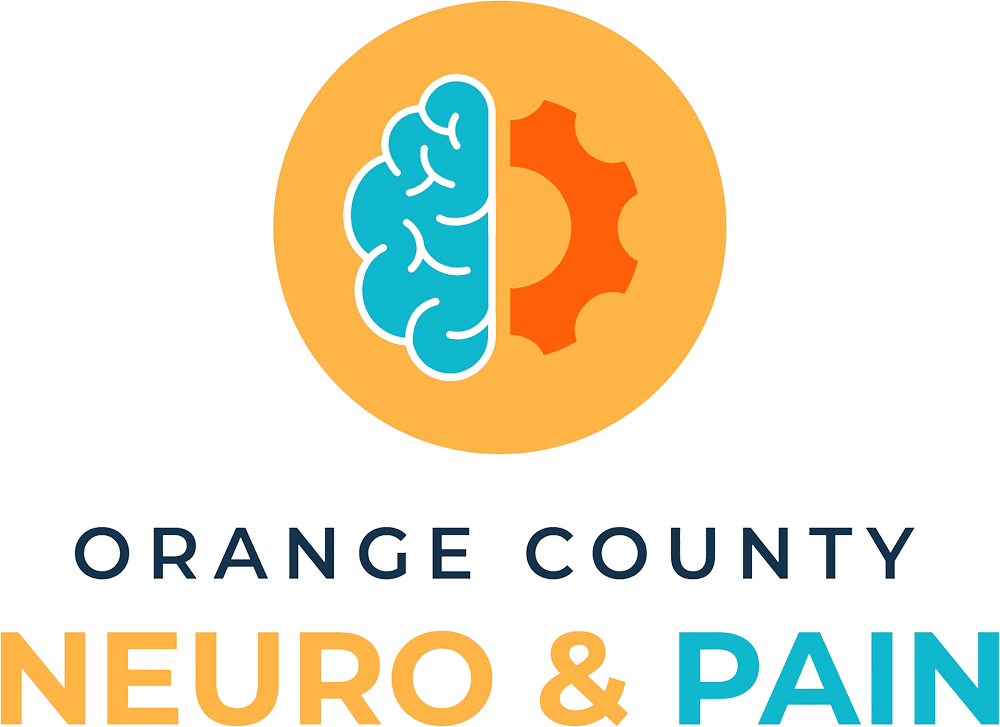

Types of Trauma
Acute trauma refers to a single traumatic event, such as an accident, assault, or natural disaster. Symptoms of acute trauma can include anxiety, depression, sleep disturbances, and hypervigilance. Chronic trauma refers to ongoing or repeated exposure to traumatic events, such as abuse, neglect, or violence. Symptoms of chronic trauma can include feelings of helplessness, shame, and guilt, as well as self-destructive behaviors. Complex trauma refers to exposure to multiple and varied traumatic events, often during childhood or adolescence. Symptoms of complex trauma can include emotional dysregulation, dissociation, and difficulty forming healthy relationships.
Causes of Trauma
The causes of trauma can vary widely and include natural disasters, accidents, violence, sexual assault, being kidnapped, war, bullying, harassment, and abuse. Trauma can also be caused by more subtle experiences such as neglect, rejection, or discrimination.
Risk Factors For Trauma
Risk factors for developing trauma-related disorders include a history of trauma, a lack of social support, pre-existing mental health conditions, and certain personality traits such as impulsivity or high sensitivity.
Symptoms of Trauma
Symptoms of trauma-related disorders can include flashbacks, intrusive memories, nightmares, avoidance behaviors, and hyperarousal. Trauma can also lead to physical symptoms such as chronic pain, gastrointestinal problems, and autoimmune disorders. Emotional and psychological responses to trauma can include:
- Denial
- Fear
- Anger
- Shame
- Sadness
- Confusion
- Anxiety
- Numbness
- Guilt
- Difficulty concentrating
- Depression
- Hopelessness
- Irritability
Physical responses to trauma can include symptoms like fatigue, racing heart, headaches, digestive symptoms, sweating, and feeling jumpy, or hypervigilance.
Disorders Associated With Trauma
Trauma can lead to a range of mental health disorders and conditions. Some of the most common disorders associated with trauma include:
- Post-traumatic stress disorder (PTSD): A disorder that can develop after experiencing or witnessing a traumatic event. Symptoms of PTSD can include flashbacks, nightmares, and avoidance behaviors.
- Acute stress disorder (ASD): A disorder that can occur immediately following a traumatic event. Symptoms of ASD can include anxiety, dissociation, and hypervigilance.
- Depression: Trauma can trigger depression, which can cause feelings of sadness, hopelessness, and loss of interest in activities.
- Anxiety disorders: Trauma can lead to various anxiety disorders, such as generalized anxiety disorder (GAD), panic disorder, and social anxiety disorder.
- Substance abuse: Trauma can increase the risk of substance abuse and addiction.
- Borderline personality disorder (BPD): Trauma is a common contributing factor to the development of BPD, which can cause intense emotions, impulsive behavior, and unstable relationships.
- Dissociative disorders: Trauma can cause dissociative disorders, such as dissociative identity disorder (DID) and depersonalization/derealization disorder (DP/DR).
Ketamine Treatment For Trauma
Ketamine therapy has been found to be effective in treating trauma-related disorders such as PTSD, depression, and anxiety. Ketamine is a dissociative anesthetic that works by altering brain chemistry and can produce rapid antidepressant effects.
During ketamine therapy, patients are given a controlled dose of ketamine in a therapeutic setting, often accompanied by talk therapy or other types of therapy. Ketamine therapy can provide relief from symptoms of trauma-related disorders and help individuals manage their emotions and improve their overall quality of life. However, it is important to seek professional help from a trained mental health provider before considering ketamine therapy.

